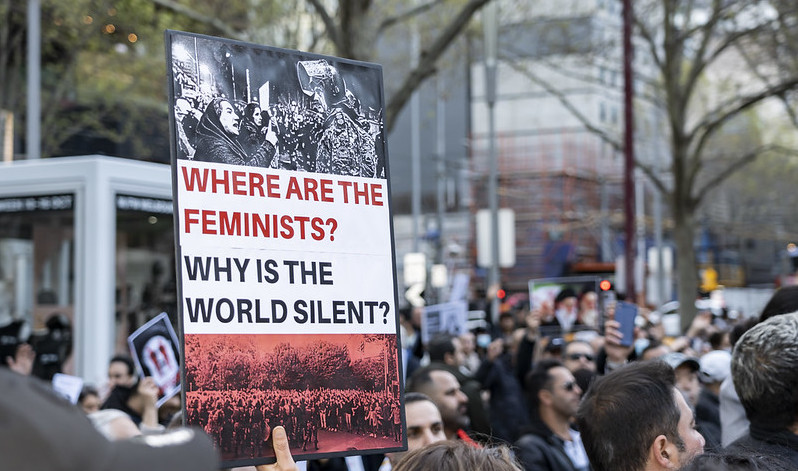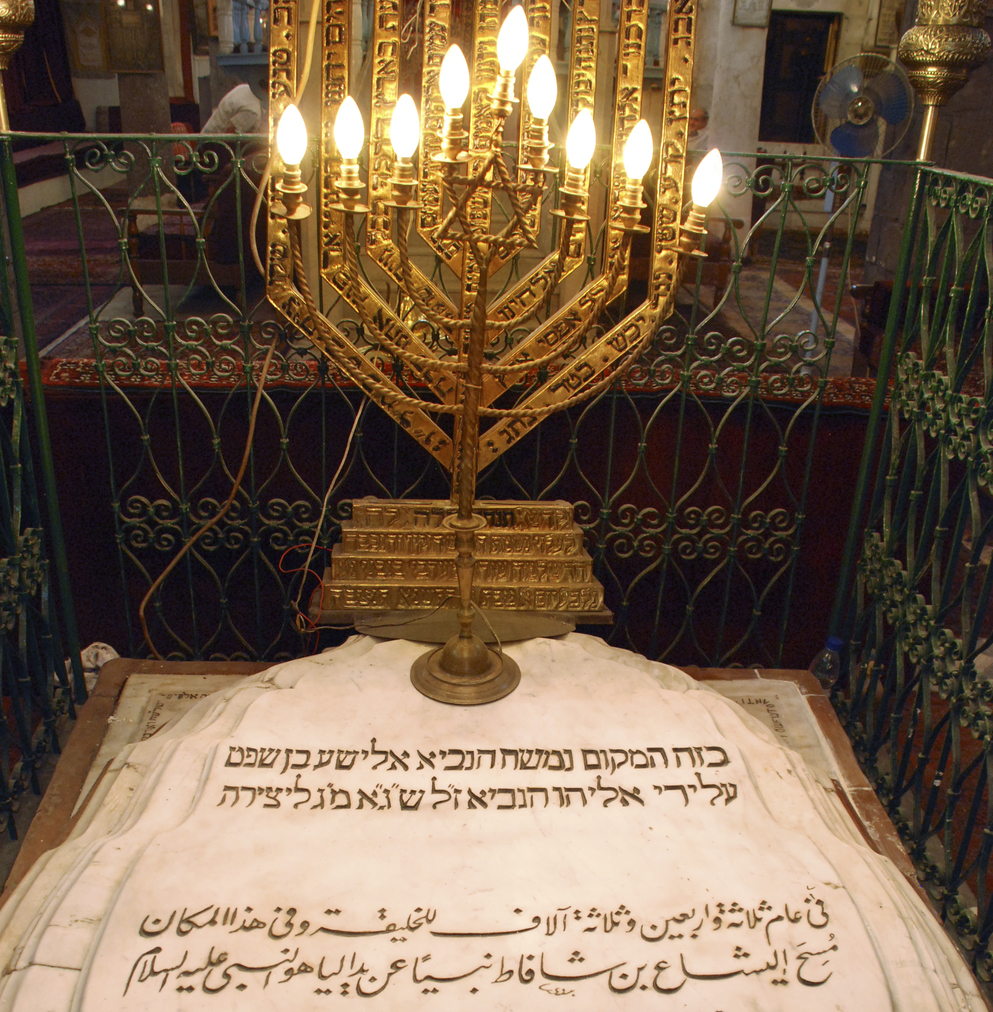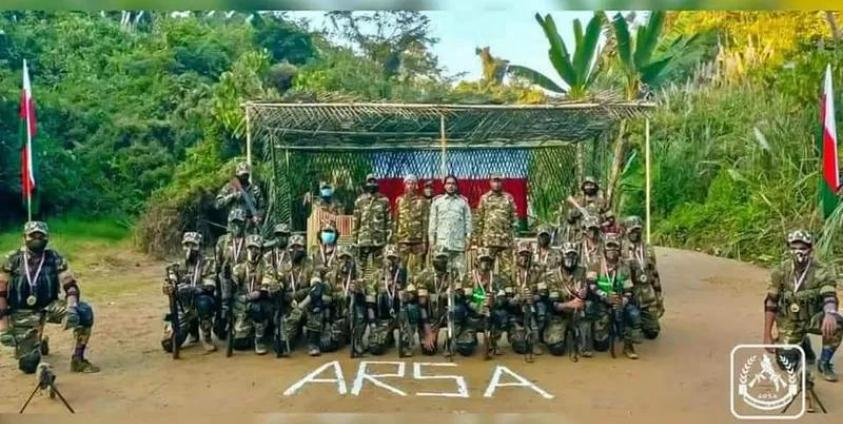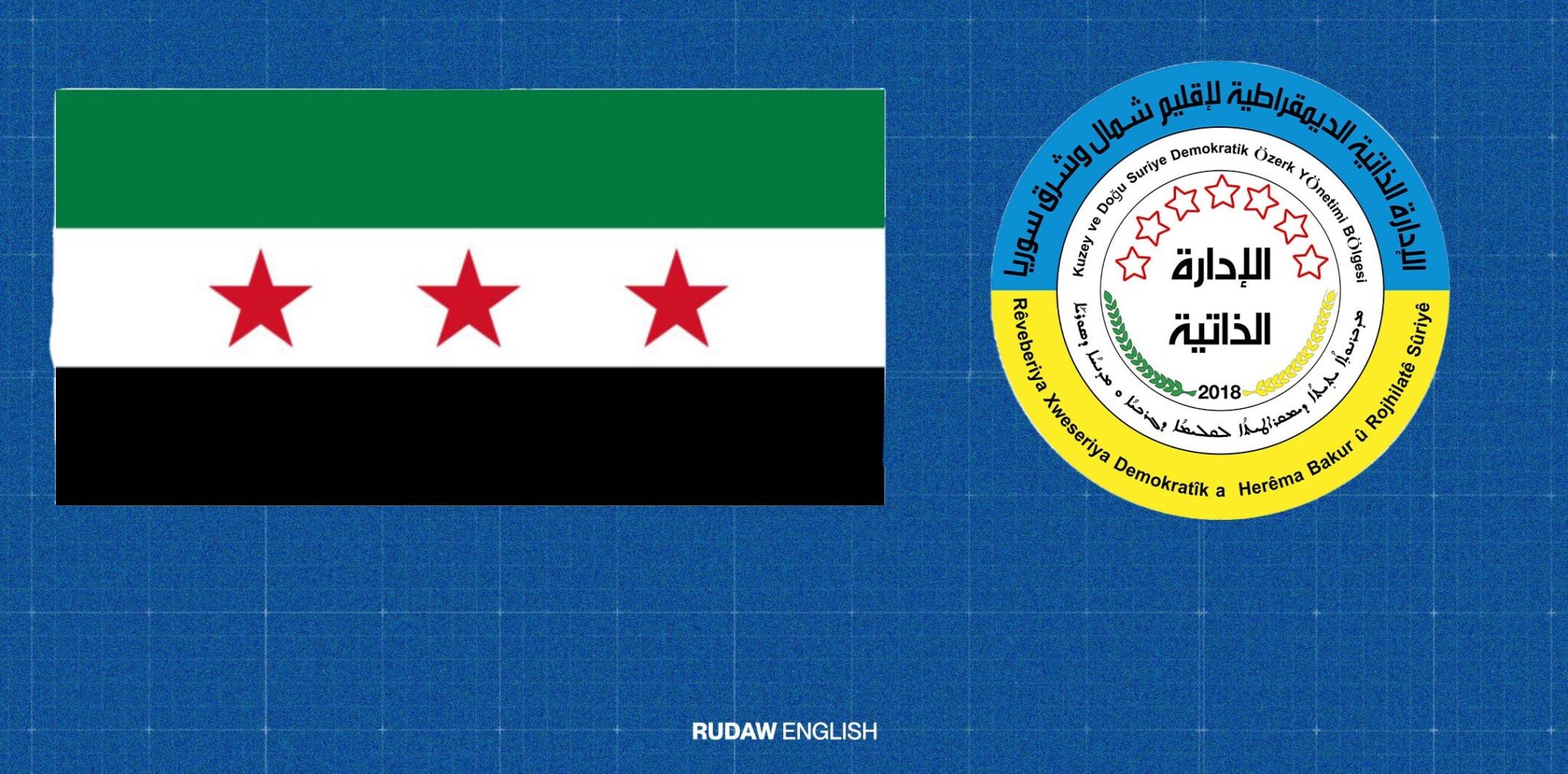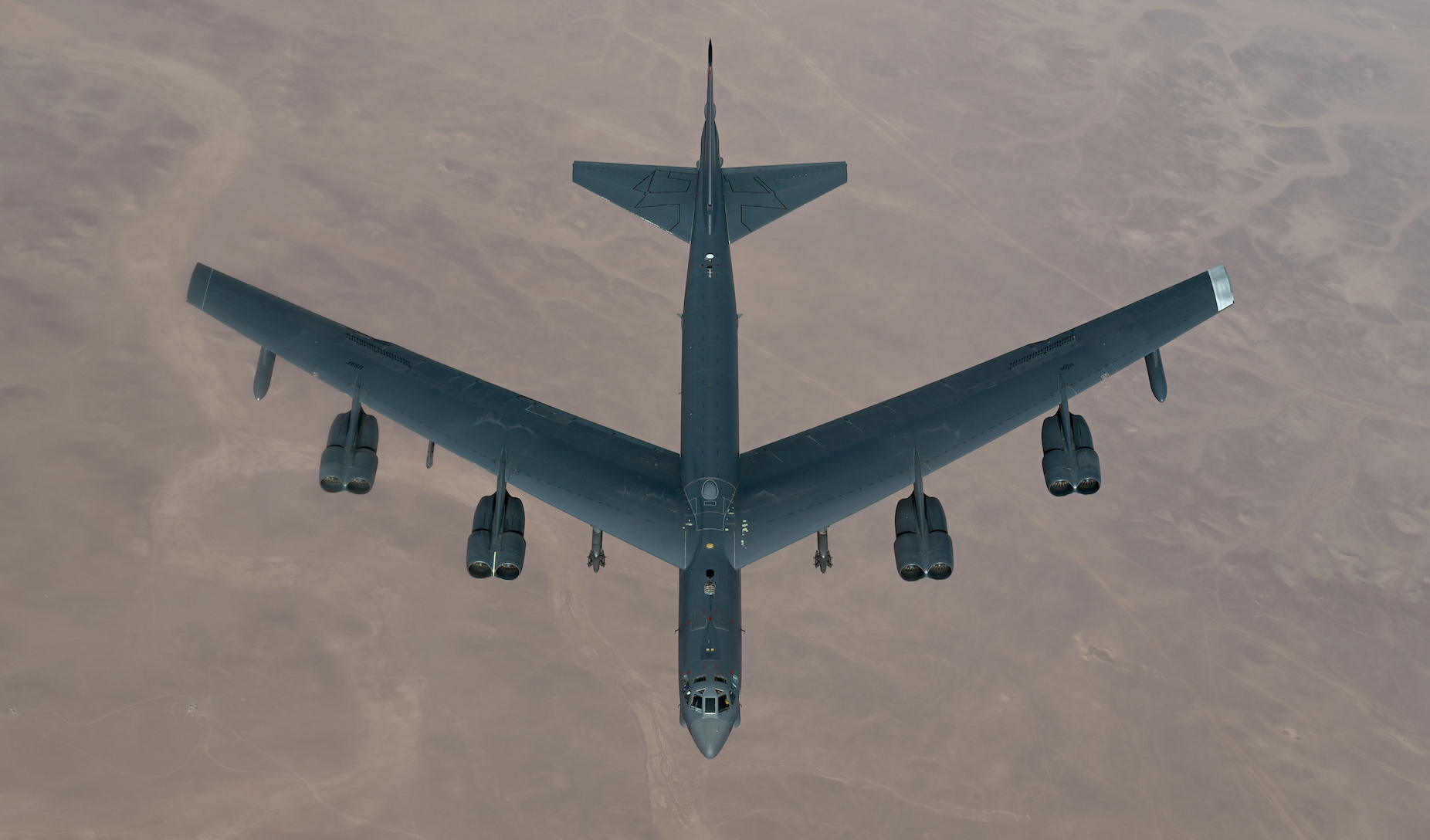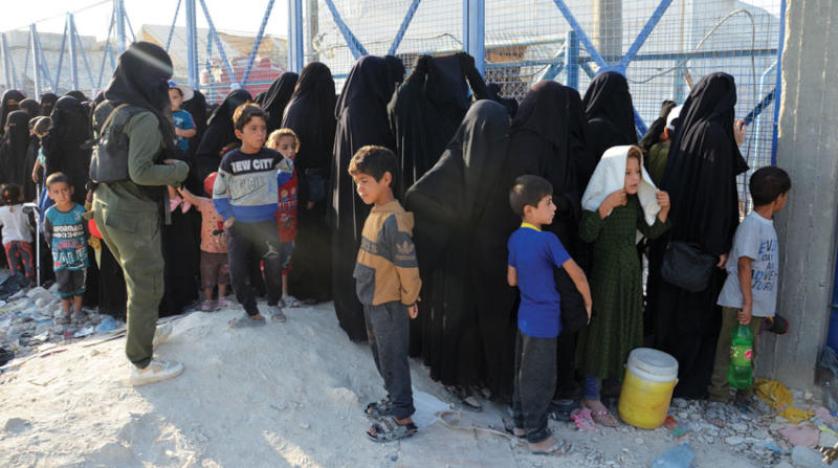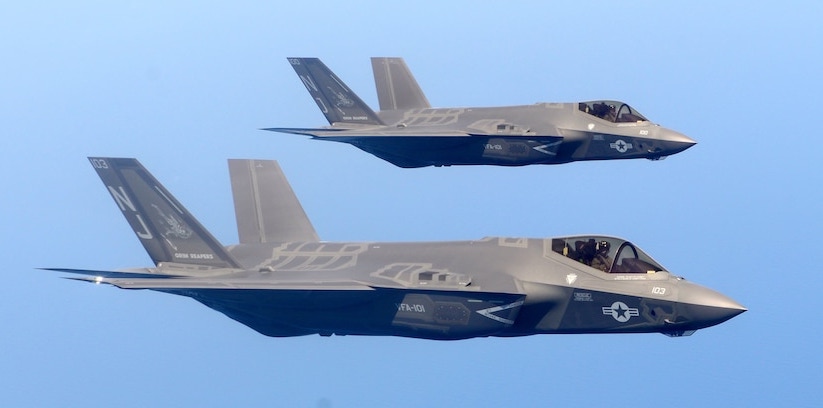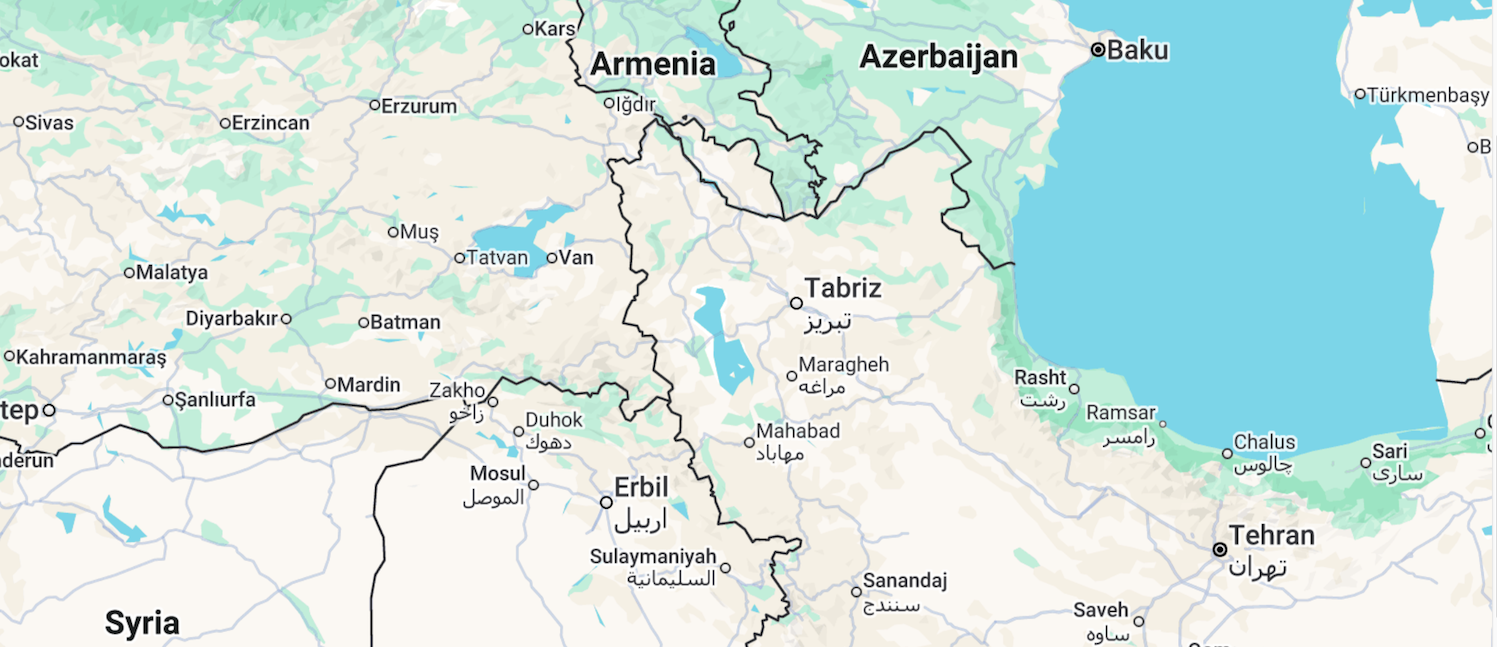
Iran intensifies repression of Azeri minority
Human Rights Watch reported that the Iranian government is systematically targeting the Azeri ethnic minority through the imposition of “abusive” criminal charges and severe prison sentences aimed at silencing dissent. The crackdown has intensified since October, with at least two dozen Azeri activists imprisoned following unfair trials. These activists have been handed terms ranging from three to 14 years on charges including “propaganda against the state,” “conspiracy against the country,” and “forming an opposition group.” (Map: Google)



